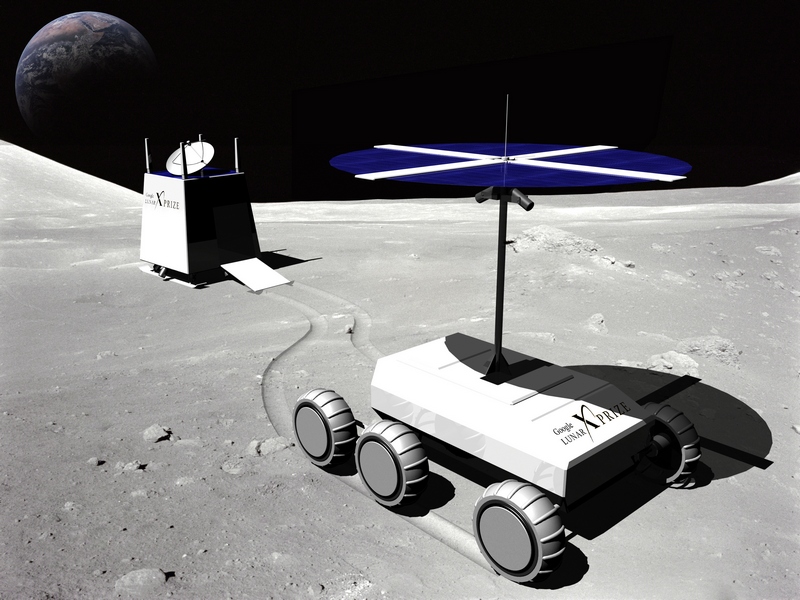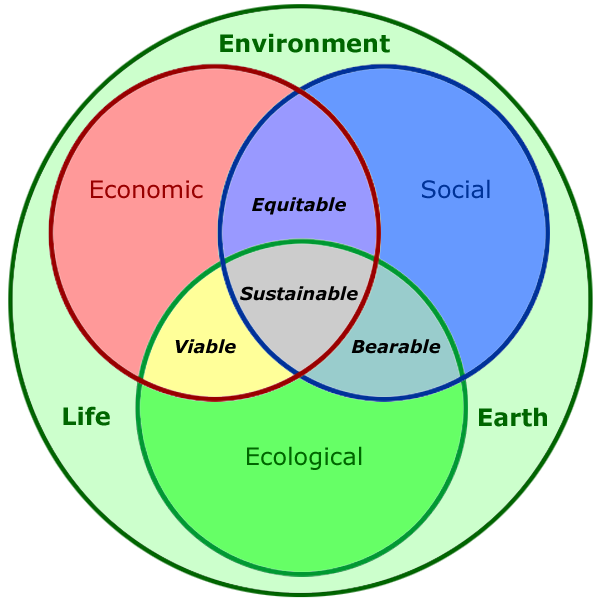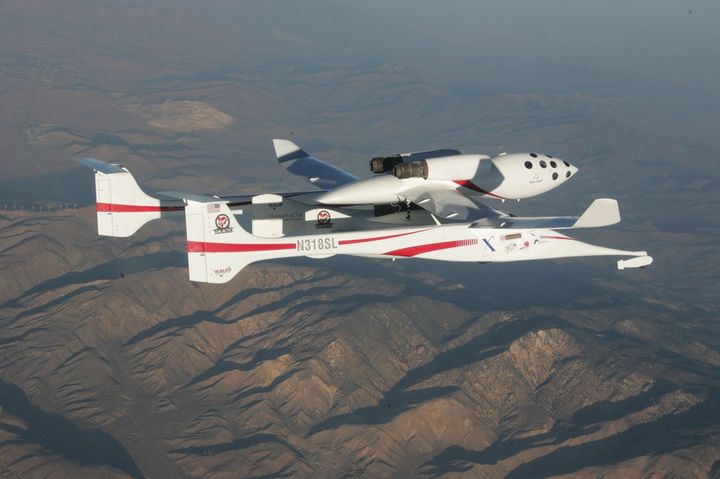
Twenty years ago, Peter Diamandis had a crazy idea: what if just anyone could go to space? Not just government-trained astronauts, but anybody who had the money and desire to see the Earth as a sphere, and the sky as black?
The year was 1996 and space exploration was basically the province of astronauts, except for a few super-rich people who paid millions for a ride to the Russian Mir space station. But Diamandis' vision sparked the Ansari XPRIZE, which saw the first privately funded spacecraft get to space – and back – twice.
The goal was accomplished in 2004 and a decade later, several companies are working on bringing tourists to space. From there, other X-Prizes grew, focusing on items such as global learning, ocean health, landing a robotic machine on the moon, performing oil cleanup, and even making tricorders. Yes, tricorders like in Star Trek.

A Star Trek tricorder. Credit: MemoryAlpha.org
“Our goal is to expand the awesomeness of the XPRIZE; it’s meant to be a complement to it, whereby anyone with a problem they care about can launch a competition to get others to solve it,” said HeroX co-founder Emily Fowler in an interview with Forbes last year.
“We wanted to create an innovation platform where it’s really easy for people with problems (and prizes) to match them with creativity and talent to find solutions. It’s also about risk. Anyone who’s done innovation knows You can’t have innovation without risk. It’s about trying on crazy ideas that may not work … We see HeroX as contributing to the world where crazy ideas are tried out and the ones that worked, are rewarded.”
There are still other XPRIZEs available for entrepreneurs to look at; essentially, the website says, it is a “highly leveraged, incentivized prize competition that pushes the limits of what’s possible to change the world for the better.” The goal has to be bold, and it has to be at the boundary of what is possible in the market – to provide a reason for people to solve it even though it wasn't previously financially viable.

A concept for the Google Lunar XPRIZE. Credit: Team FREDNET / Wikimedia Commons
HeroX began as a sort of "skunk works" project at XPRIZE in 2011, and grew from there. Diamndis approached Fowler -- then XPRIZE's challenge designer -- with a desire to create a a sort of "Craigslist for competitions."
The duo and Christian Cotichini made HeroX a separate company in 2013, focusing on the idea of using crowdsourcing to figure out the best challenges to pursue. The co-founders believe in using SMART goals -- those that are specific, measurable, achieveable, results-focused and time-bound. This means that tackling a challenge like poverty would not work initially, because it is too big and vague. But if it is narrowed down to a specific city, Fowler said, it becomes easier to achieve.
"It immediately triggers the brain to think in a new and creative way," she told Forbes.
While HeroX is not a non-profit, the company is interested only in positive challenges – those that will make a difference in some issue facing the world. Officially, it's known as a Public Benefits Corporation: “a for-profit corporation intended to produce a public benefit and operate in a responsible and sustainable manner.”

How human activities and sustainability can overlap. Credit: Wikimedia Commons
It's backed by City Light Capital, a venture capital firm that wants to pair technology with ideas to make positive contributions to our world. Today, HeroX has millions of dollars in incentive challenges up for grabs -- dozens of possibilities to solve global problems.
If you have a brilliant idea that you think would catch the attention of others, you can make a pitch and see if it catches fire. Or how about if you have a few dollars to spare? You don't have to be rich, but even giving up your coffee for a day could make a difference in funding another project.
Finally, if you have entrepreneurial smarts and a desire to get your hands dirty, you can compete in challenges yourself. Find some friends, think of some ideas, and do your best to make the challenge solveable.
We understand that challenges can be daunting to come up with, or even to solve. But HeroX works to help you at every step of the way. Advisors provide tips on how to get money, how best to market your idea, and how to bring the right minds to your great idea.
Some of our community's most popular challenges address a variety of pressing needs:
- Operation Blue Sky: Aboriginal Health Initiative. Canada is known for its good health care, but its first nations standards could use some improvement: babies and children are at a higher risk of dying, and there are also ongoing problems such as suicide, obesity and diseases created by environmental contamination.
- Clinical Trial Innovation Prize: There is a need to boost the number of patients willing to participate in cancer clinical trials to address this devastating illness. Because it's one of the leading causes of death, these trials are needed to catch the illness early and treat it effectively.
- Smart Tech for Firearms: With guns used illegally for a variety of purposes, perhaps there's a way to lock an authorized person out of a gun -- similar to how we do it with computers. This will increase safety in the gun industry, its backers say.
There are a variety of prizes available with a value of up to $1 million each. The goal is to have teams competing to come up with the best idea, levaraging creativity and entrepreneurship in pursuit of social good and a prize to push the technology even further.
Top image: NASA








